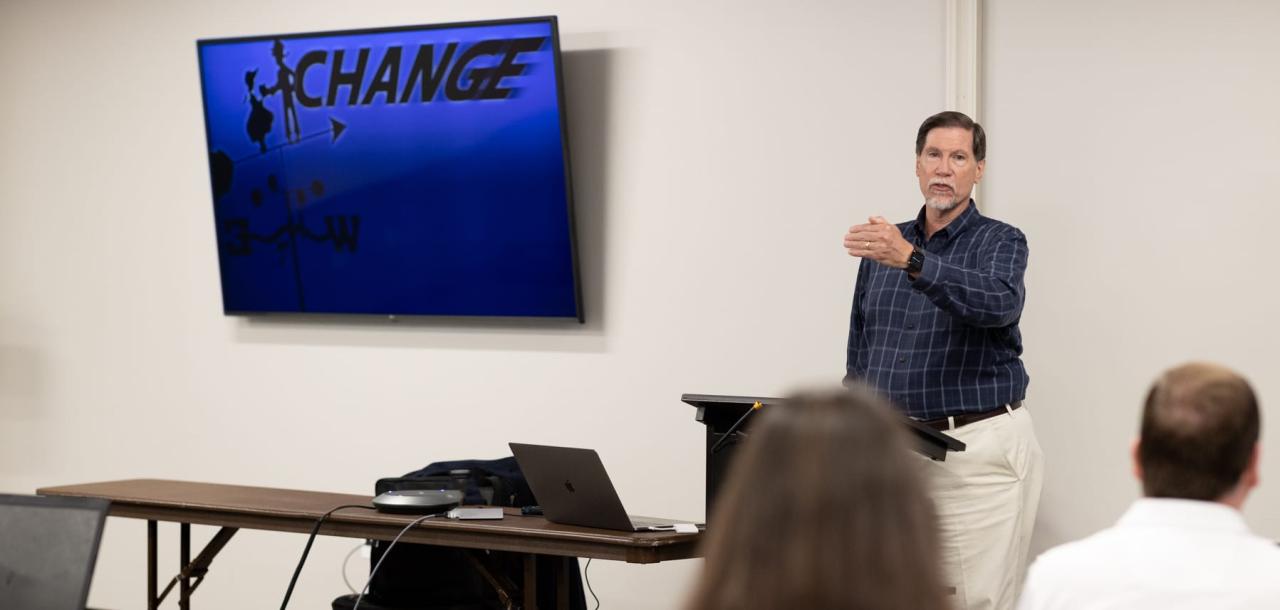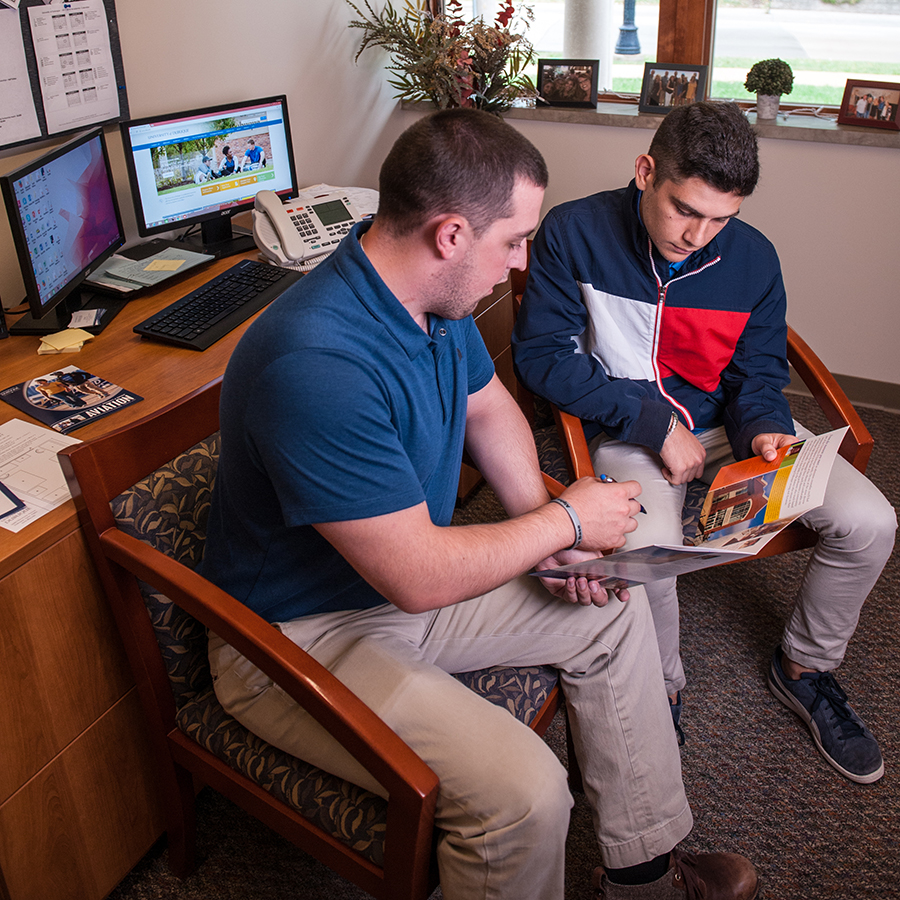Master of Arts in Christian Leadership: Equipping Leaders to Serve. The program provides a comprehensive understanding of Christian leadership, preparing graduates for a variety of roles in ministry and beyond.
This degree program combines theological foundations with practical skills, equipping students to lead effectively in churches, non-profit organizations, and other Christian contexts.
Core Curriculum

The core curriculum of a Master of Arts in Christian Leadership program provides the foundational knowledge and skills essential for effective Christian leadership. These courses cover a wide range of topics, from biblical studies and theology to leadership theory and practical ministry skills.
Master of Arts in Christian Leadership programs provide a comprehensive foundation for Christian leaders. For those seeking to advance their leadership skills in the secular world, consider pursuing an executive leadership master’s degree. These programs equip graduates with the strategic and managerial acumen necessary to excel in various leadership roles.
However, the Master of Arts in Christian Leadership remains an excellent choice for those seeking a Christ-centered approach to leadership.
The importance of these courses cannot be overstated. They provide the theological and practical foundation upon which Christian leaders can build their ministries. By completing these courses, students will gain a deep understanding of the Bible, Christian doctrine, and the principles of effective leadership.
They will also develop the practical skills necessary to lead churches, ministries, and other Christian organizations.
Biblical Studies
- These courses provide a thorough grounding in the Bible, its history, and its teachings. Students will learn how to interpret the Bible accurately and apply its principles to their own lives and ministries.
- Example:Biblical Interpretation, Old Testament Survey, New Testament Survey
Theology
- These courses explore the major doctrines of the Christian faith, such as the Trinity, salvation, and the afterlife. Students will gain a deep understanding of the beliefs that shape Christian thought and practice.
- Example:Systematic Theology, Christology, Pneumatology
Leadership Theory
- These courses provide an overview of the principles of effective leadership. Students will learn about different leadership styles, how to motivate and inspire others, and how to resolve conflict.
- Example:Leadership Theories and Styles, Servant Leadership, Conflict Resolution
Practical Ministry Skills
- These courses provide students with the practical skills they need to lead churches and ministries. Students will learn about preaching, counseling, and other essential ministry skills.
- Example:Preaching, Pastoral Counseling, Church Administration
Specializations

Master of Arts in Christian Leadership programs often offer various specializations to cater to specific areas of interest or career goals. These specializations provide in-depth knowledge and skills in specialized areas of Christian leadership, enabling students to tailor their education to their unique aspirations.
Master of Arts in Christian Leadership is a degree program that prepares students for leadership roles in Christian organizations. The program provides students with the knowledge and skills necessary to lead effectively in a variety of settings. If you’re interested in learning more about leadership, I recommend checking out the johnson & johnson leadership model.
This model emphasizes the importance of servant leadership, which is a style of leadership that focuses on serving others. Servant leadership is a valuable approach for Christian leaders, as it aligns with the teachings of Jesus Christ. Master of Arts in Christian Leadership programs can help students develop the skills and knowledge necessary to become effective servant leaders.
Examples of specializations include:
Biblical Studies
- Focuses on the study of the Bible, its historical context, and its theological implications.
- Courses may include: Biblical Interpretation, Old Testament Theology, New Testament Theology, and Biblical Languages.
Pastoral Leadership, Master of arts in christian leadership
- Prepares students for pastoral ministry, focusing on the practical aspects of leading a church.
- Courses may include: Pastoral Care, Preaching, Church Administration, and Spiritual Formation.
Missions and Evangelism
- Equips students to engage in cross-cultural ministry, missions, and evangelism.
- Courses may include: Missiology, Intercultural Communication, and Evangelism Strategies.
Christian Education
- Focuses on the theory and practice of Christian education, including curriculum development and teaching methods.
- Courses may include: Educational Psychology, Curriculum Design, and Teaching Methods for Christian Education.
Nonprofit Leadership
- Prepares students to lead Christian nonprofit organizations, focusing on management, fundraising, and strategic planning.
- Courses may include: Nonprofit Management, Fundraising, and Strategic Planning for Christian Organizations.
Practical Application
Practical components in Master of Arts in Christian Leadership programs provide students with hands-on leadership experience to complement their theoretical studies. These experiences include:
- Internships:Placements in churches, non-profits, or other organizations, where students work alongside experienced leaders and gain practical skills.
- Field Experiences:Opportunities for students to apply their knowledge and skills in real-world ministry settings, such as leading worship services or counseling.
- Projects:Assignments that require students to develop and implement leadership initiatives, demonstrating their ability to apply their learning.
These practical experiences are essential for developing effective leadership skills, as they allow students to:
- Apply theory to practice:Test and refine their understanding of leadership concepts in real-world situations.
- Develop practical skills:Gain hands-on experience in areas such as communication, conflict resolution, and team building.
- Build professional connections:Network with potential employers and establish relationships that can support their future ministry.
- Discern their calling:Experience different ministry contexts and discern their unique leadership style and areas of passion.
Spiritual Formation

Spiritual formation is an integral part of a Master of Arts in Christian Leadership program, fostering the personal and professional growth of students.
Through spiritual practices, retreats, and mentorship, students engage in a journey of self-discovery and transformation that shapes their leadership abilities.
Master of Arts in Christian Leadership programs delve into the practical aspects of leading Christian organizations. If you’re looking for a broader perspective, consider an MS Educational Leadership degree, which provides a comprehensive understanding of educational leadership theories and practices.
Ultimately, both degrees equip you with the skills to effectively lead and inspire others in Christian and educational settings.
Spiritual Practices
- Daily devotionals and Bible study enhance students’ understanding of Scripture and cultivate a deeper relationship with God.
- Prayer and meditation practices foster self-reflection, spiritual awareness, and connection with the divine.
- Participation in worship services and other spiritual gatherings provides opportunities for communal worship and spiritual renewal.
Retreats
Intensive retreats offer dedicated time for reflection, prayer, and spiritual renewal. They facilitate:
- Personal growth and transformation through guided exercises and workshops.
- Spiritual discernment and development of leadership qualities.
- Community building and support among students.
Mentorship
Mentorship relationships provide guidance and support from experienced Christian leaders. Mentors offer:
- Personal and professional guidance, helping students navigate challenges and opportunities.
- Accountability and encouragement, fostering spiritual growth and leadership development.
- Role modeling, demonstrating effective Christian leadership in action.
Final Conclusion
In conclusion, the Master of Arts in Christian Leadership provides a transformative educational experience that equips students to become effective Christian leaders. Through a combination of theological study, practical training, and spiritual formation, graduates are prepared to serve in a variety of ministry roles and make a positive impact on the world.
FAQ Resource: Master Of Arts In Christian Leadership
What are the career opportunities for graduates with a Master of Arts in Christian Leadership?
Graduates with a Master of Arts in Christian Leadership are prepared for a variety of roles in ministry, including pastor, youth pastor, Christian educator, chaplain, and non-profit administrator.
What are the admission requirements for the Master of Arts in Christian Leadership program?
Admission requirements typically include a bachelor’s degree from an accredited institution, a minimum GPA, letters of recommendation, and a personal statement.
How long does it take to complete the Master of Arts in Christian Leadership program?
The program can typically be completed in 2-3 years of full-time study.